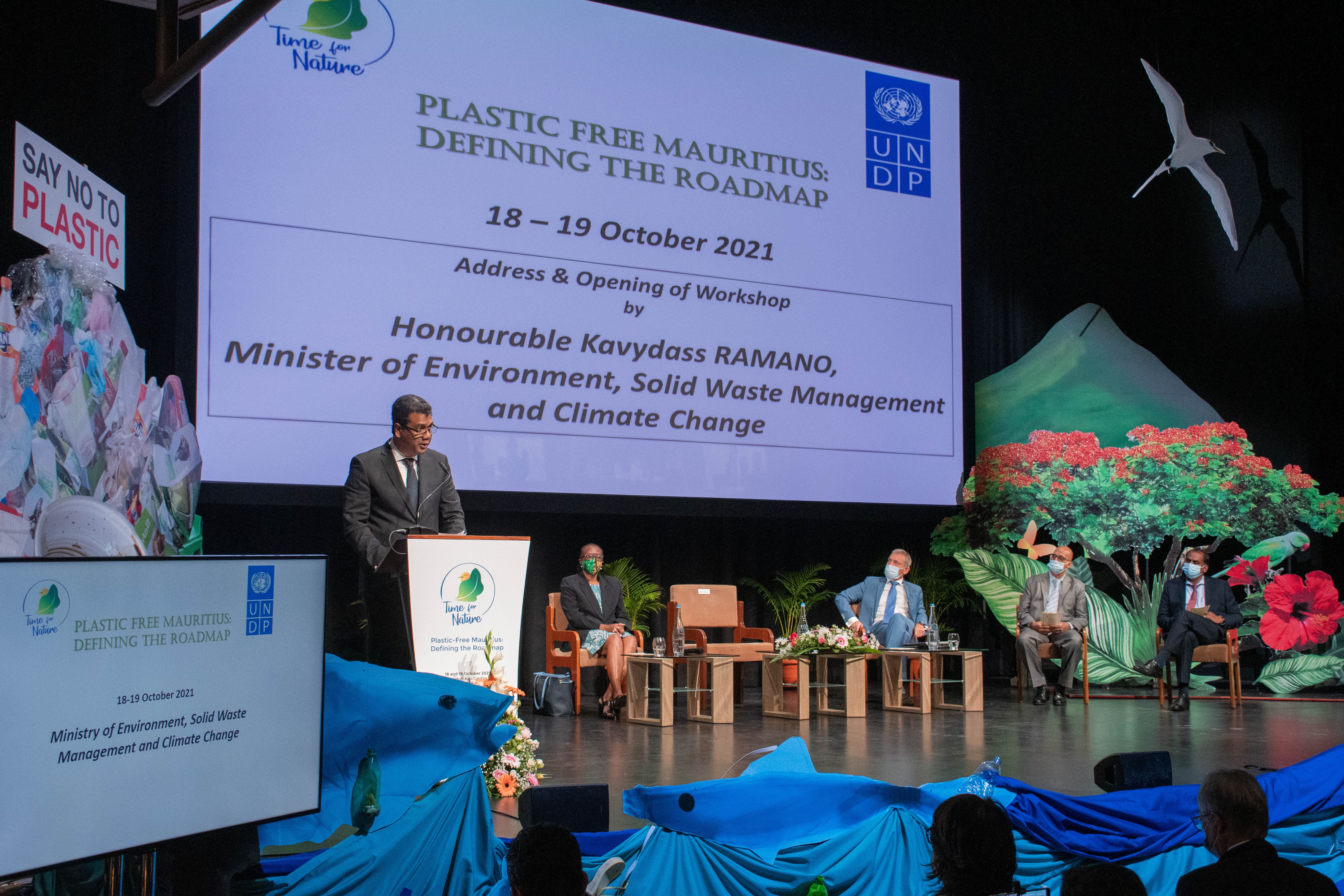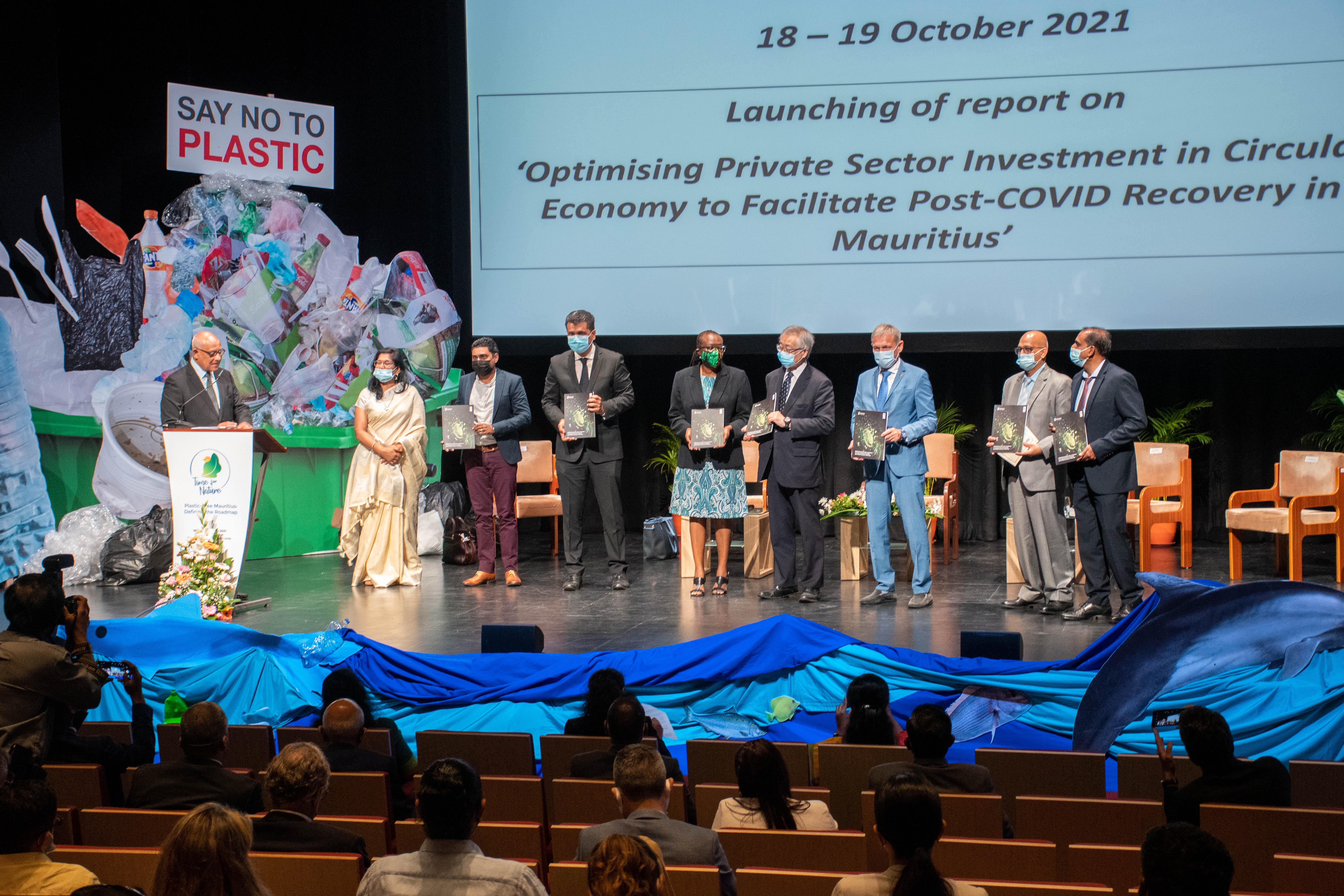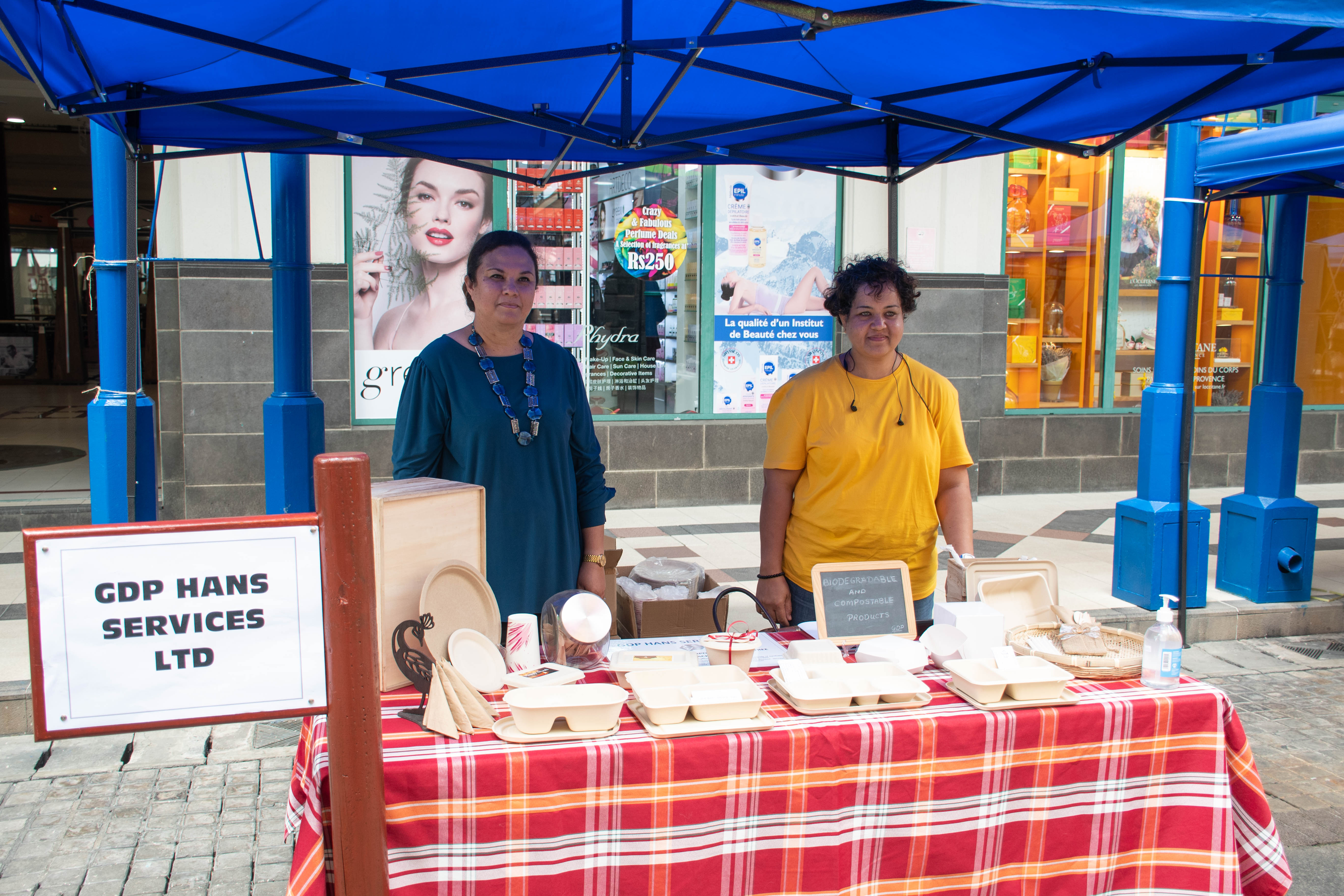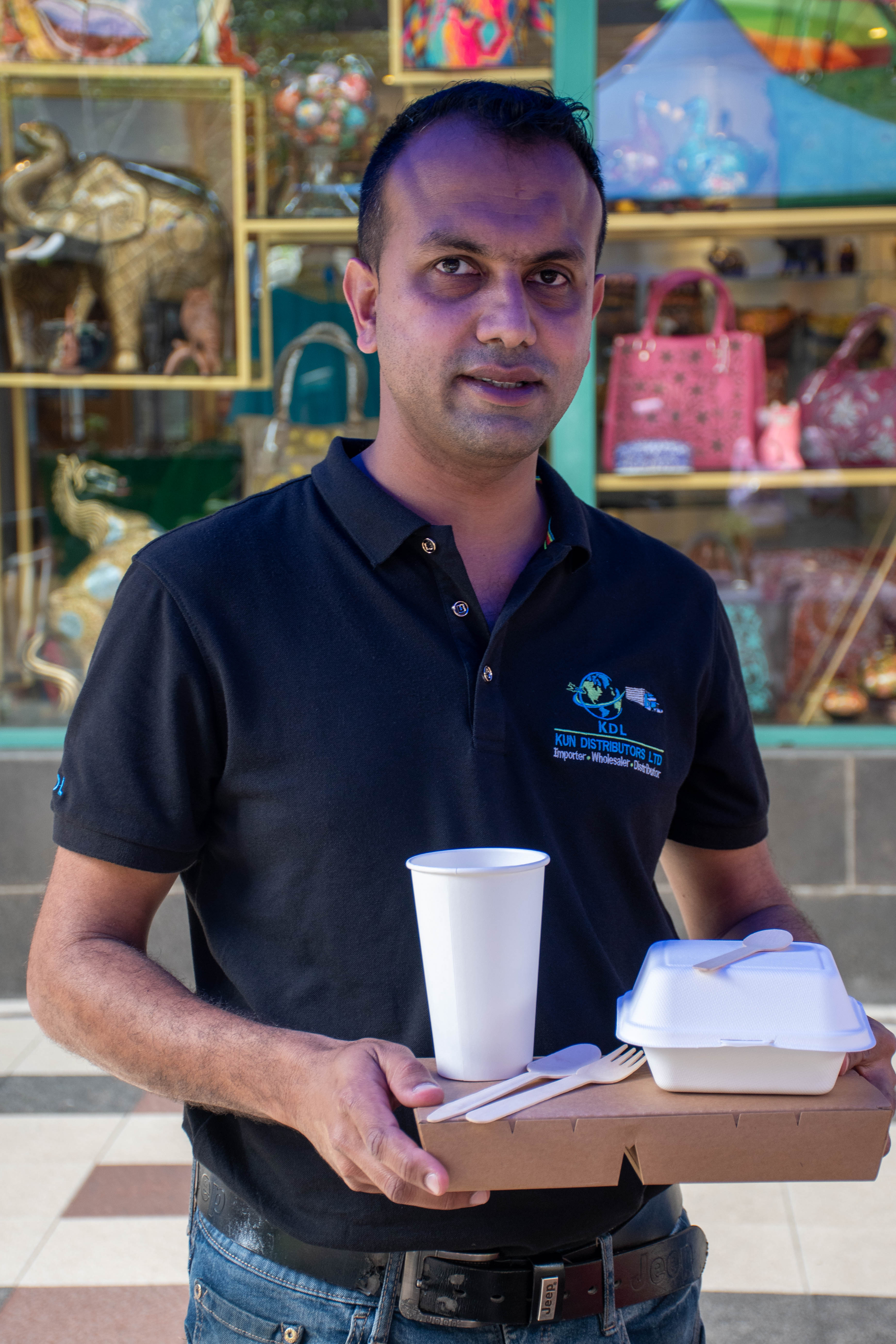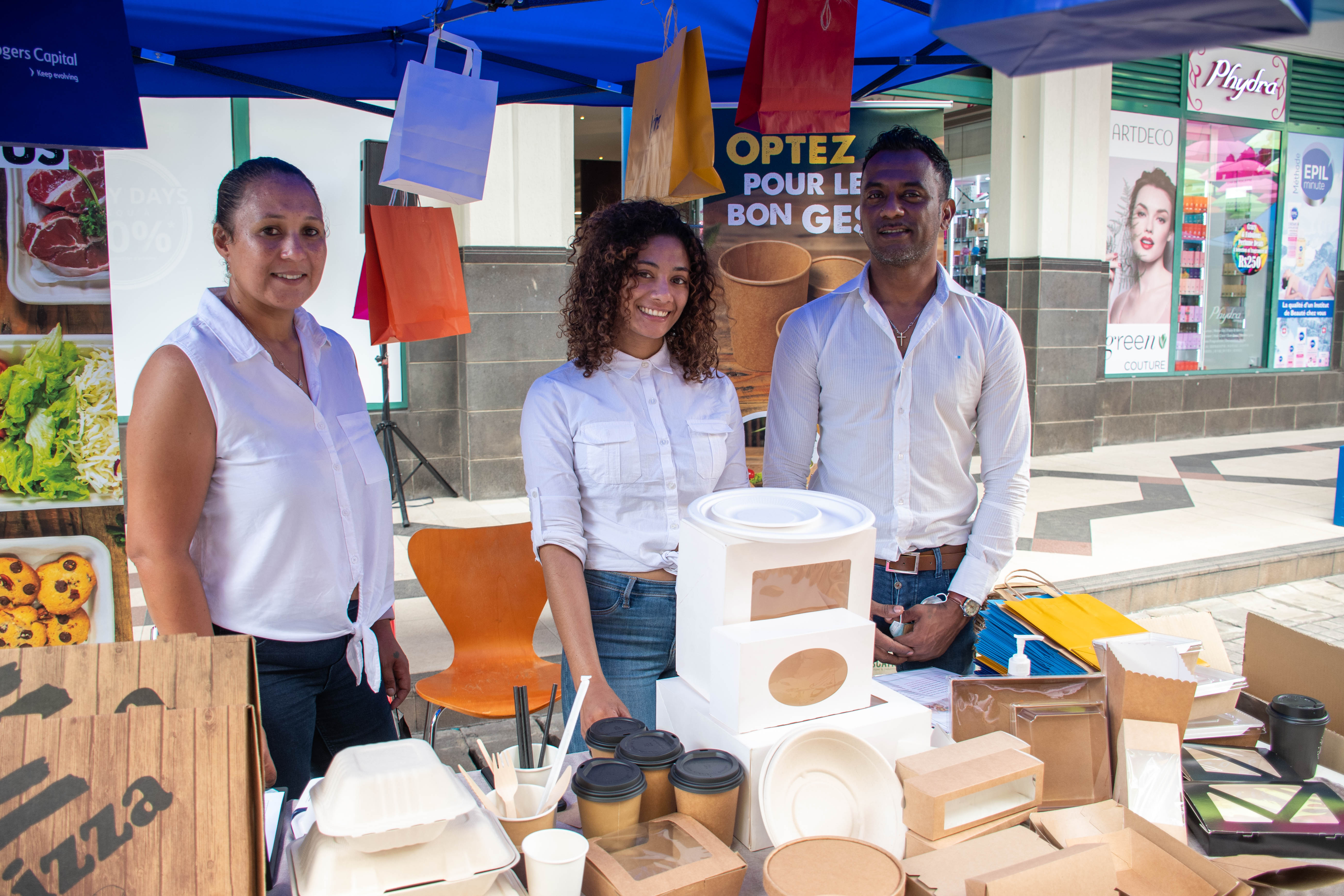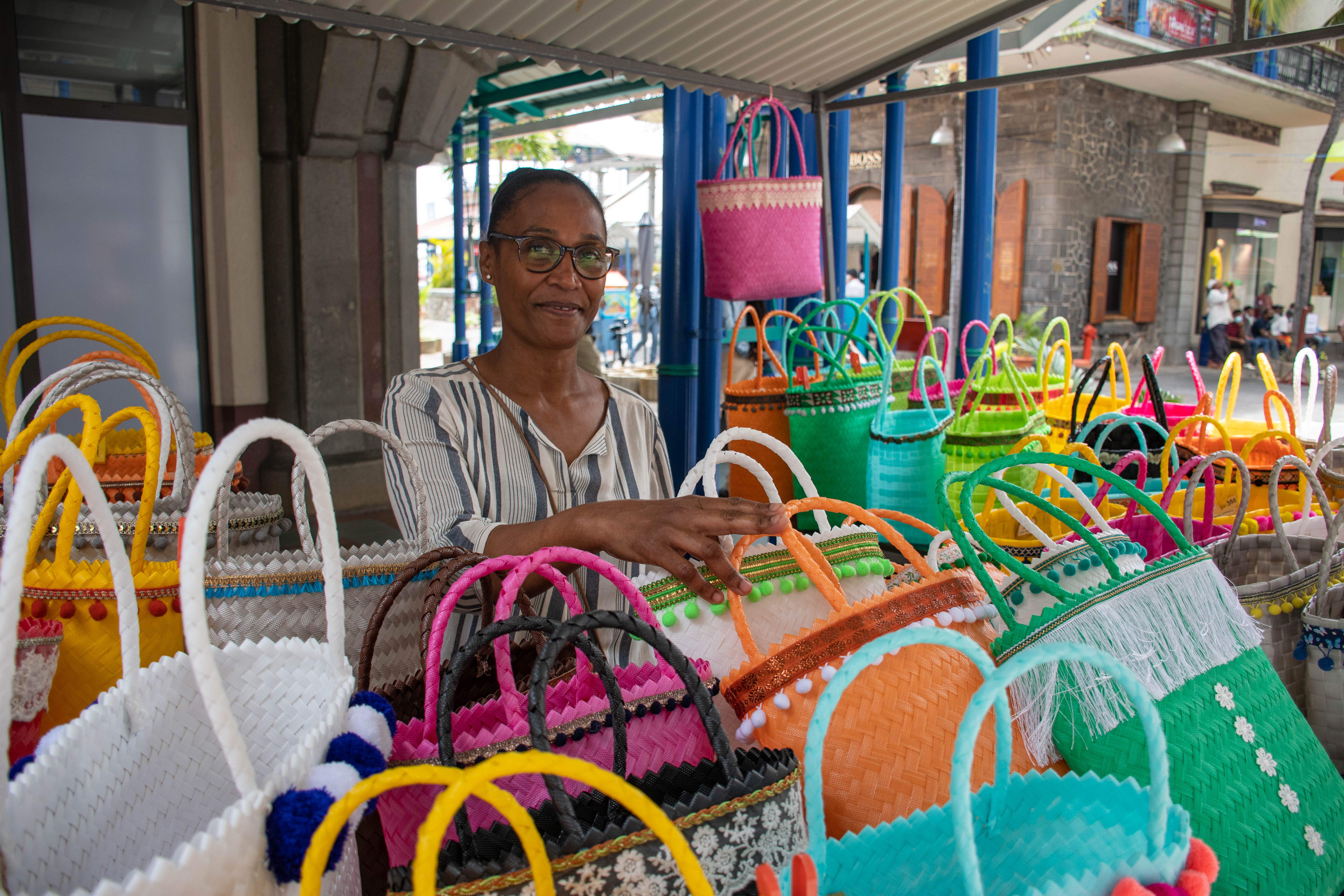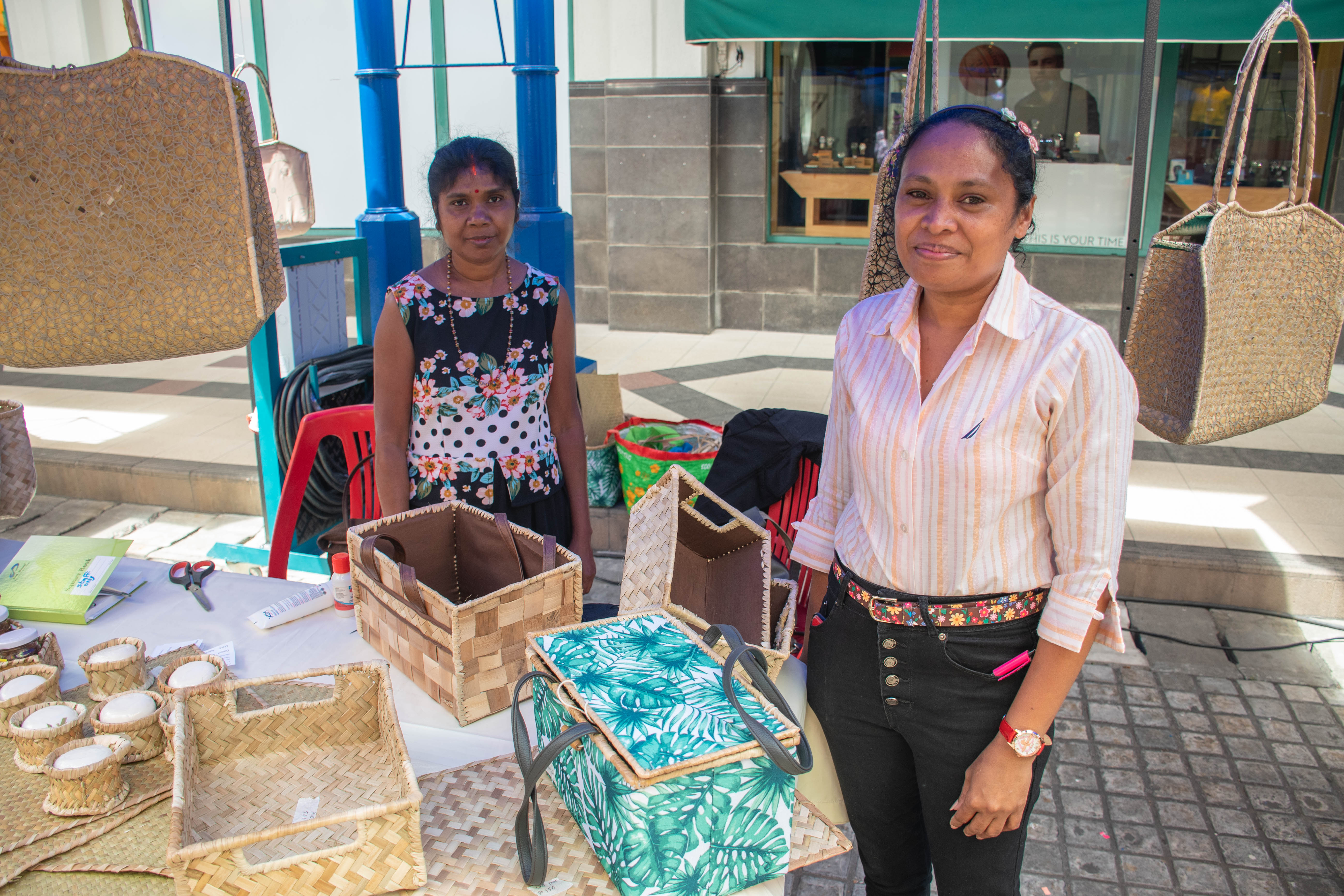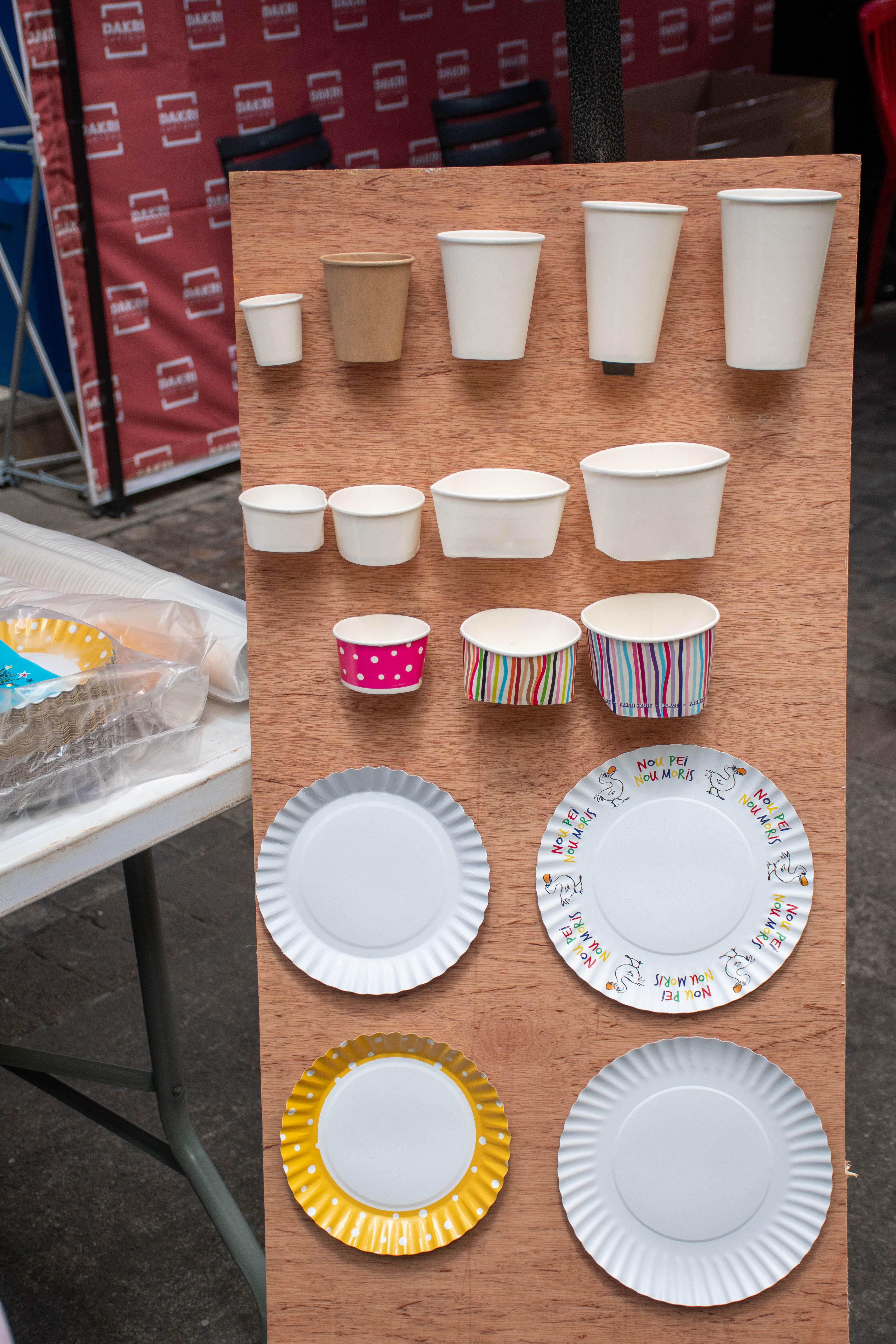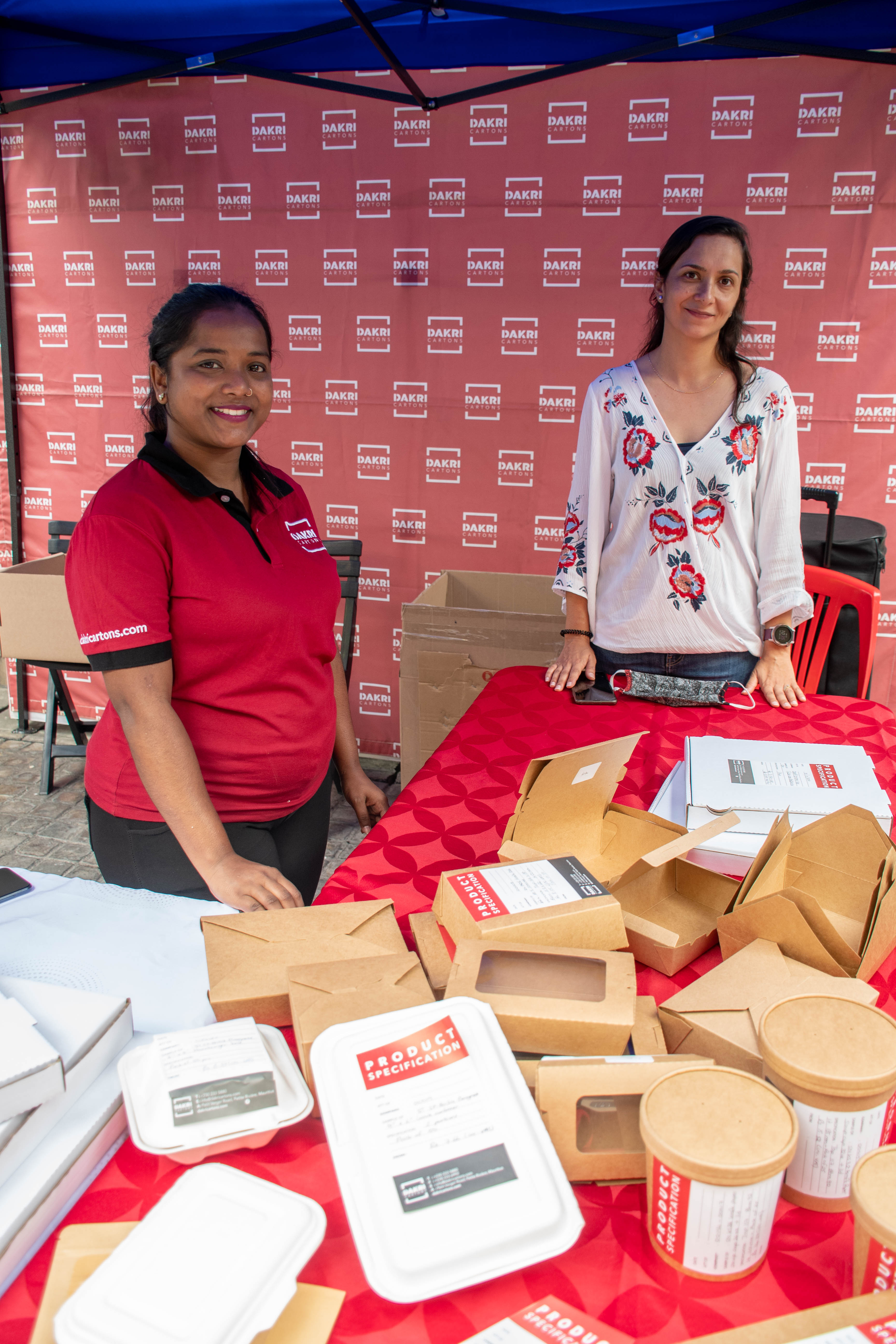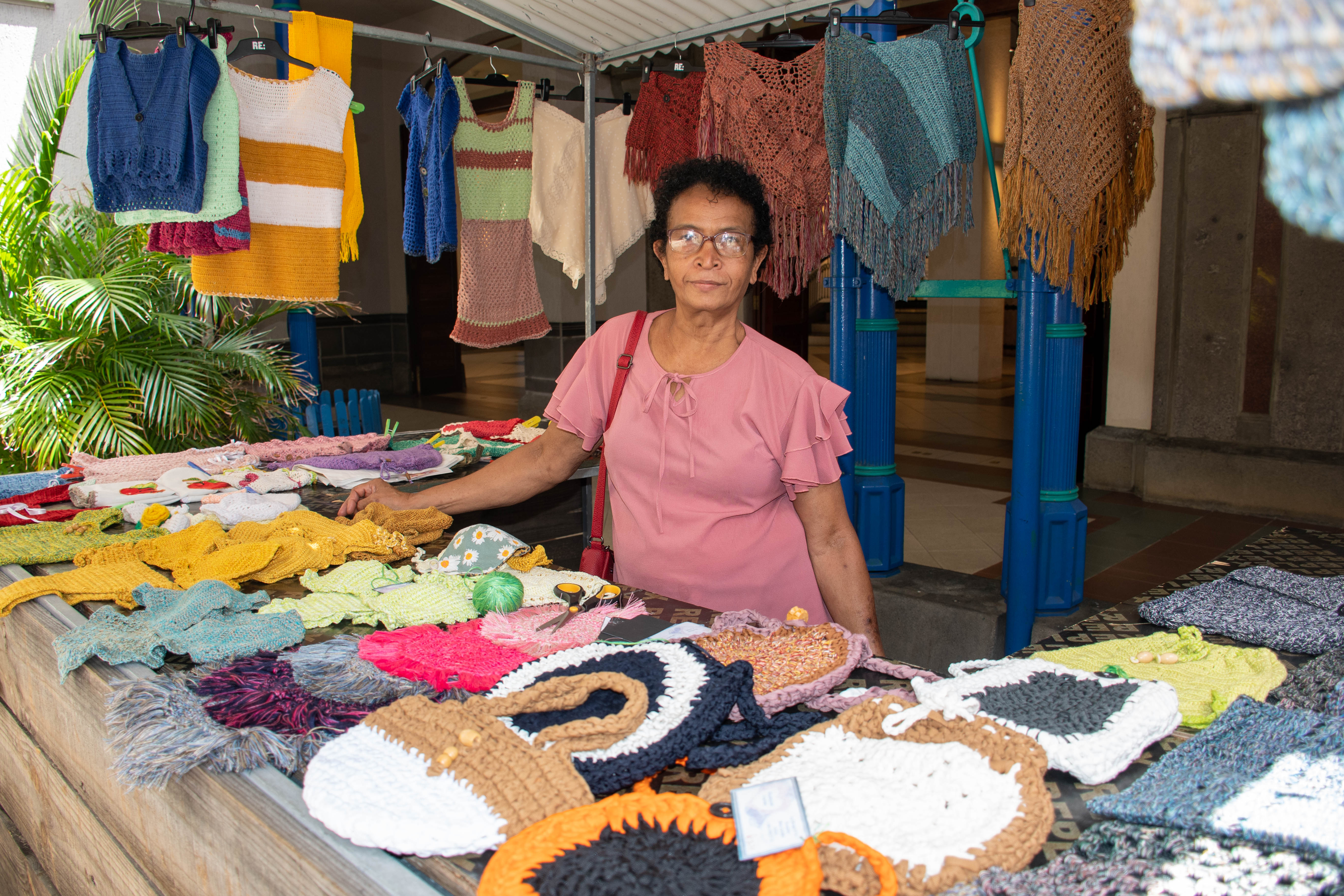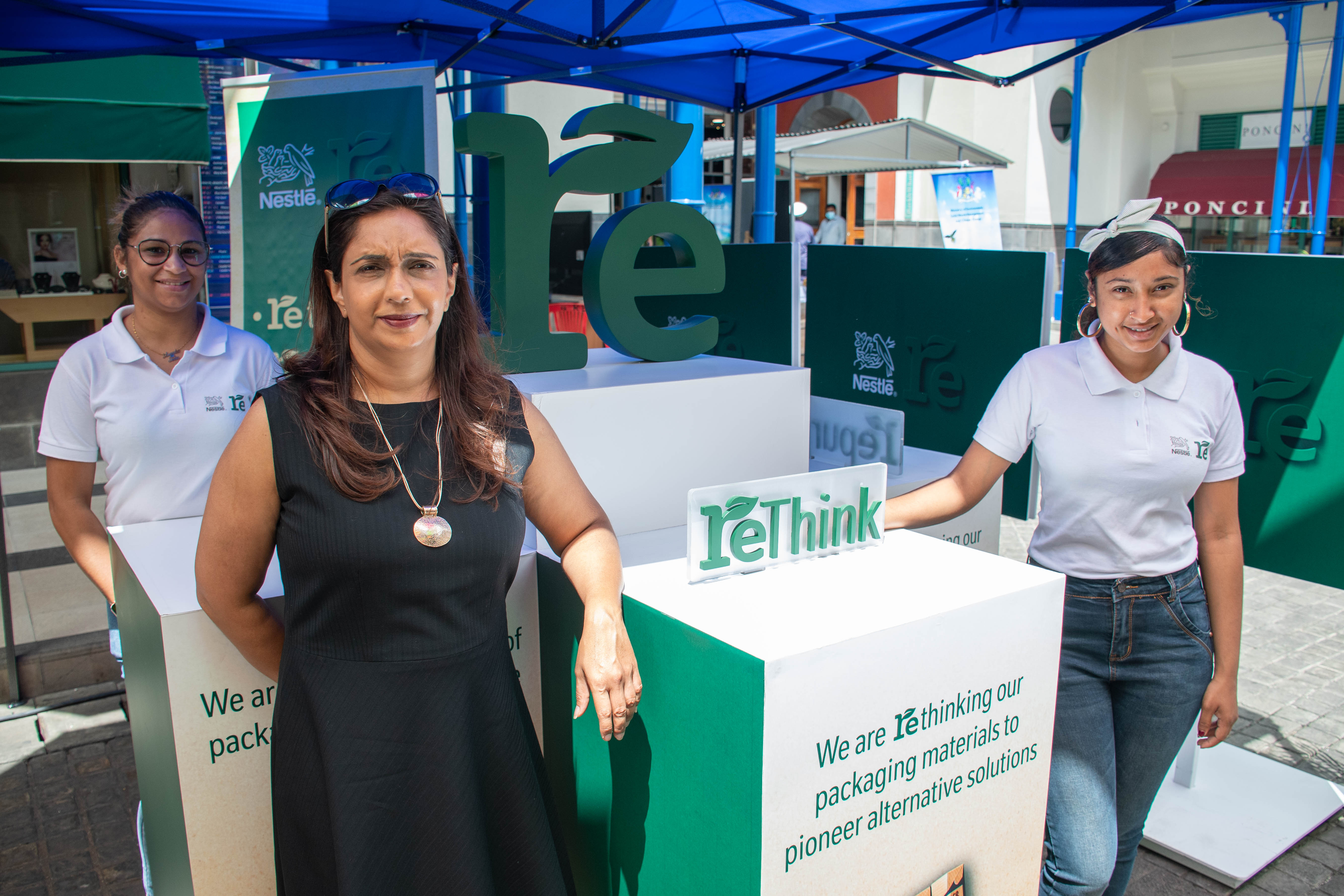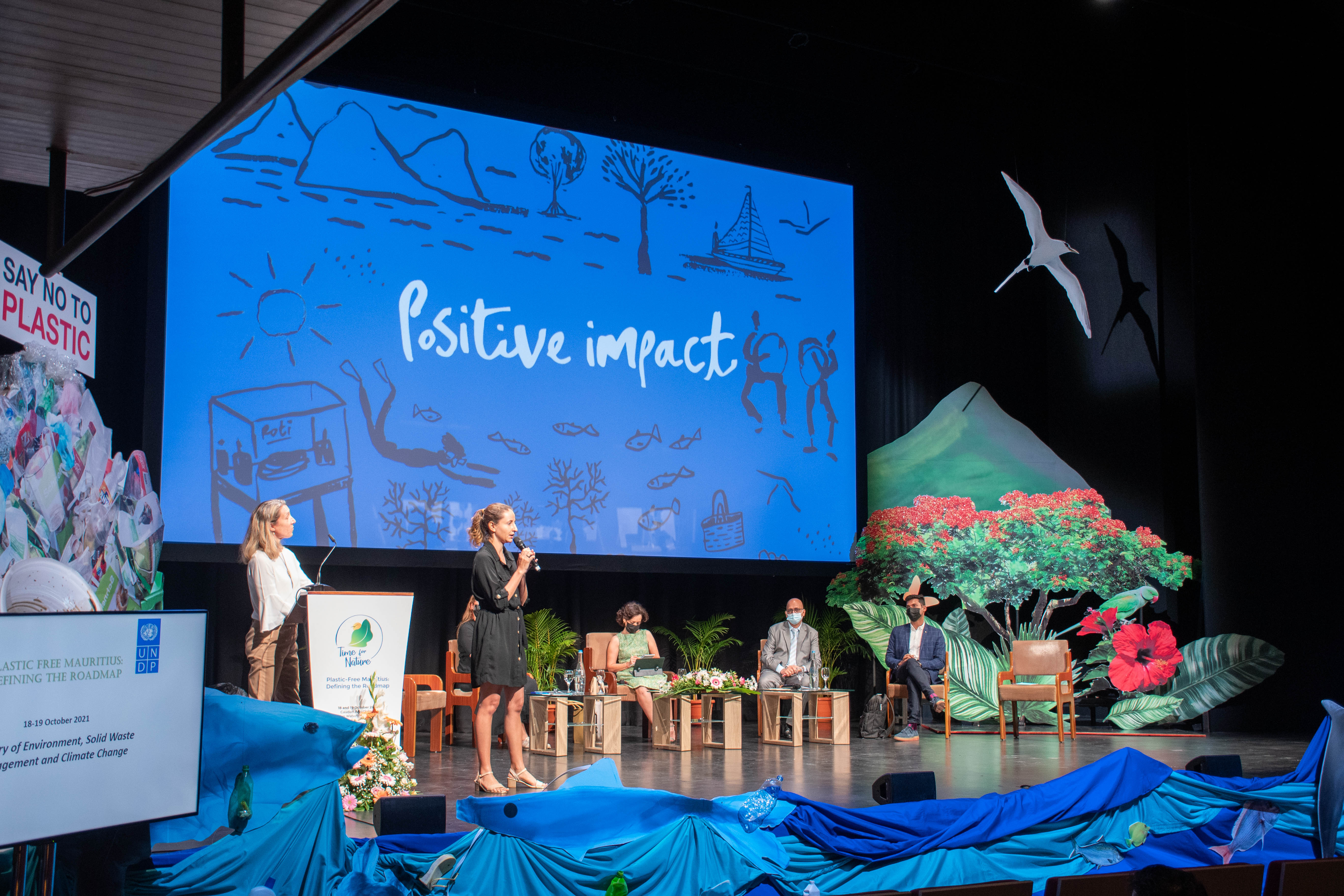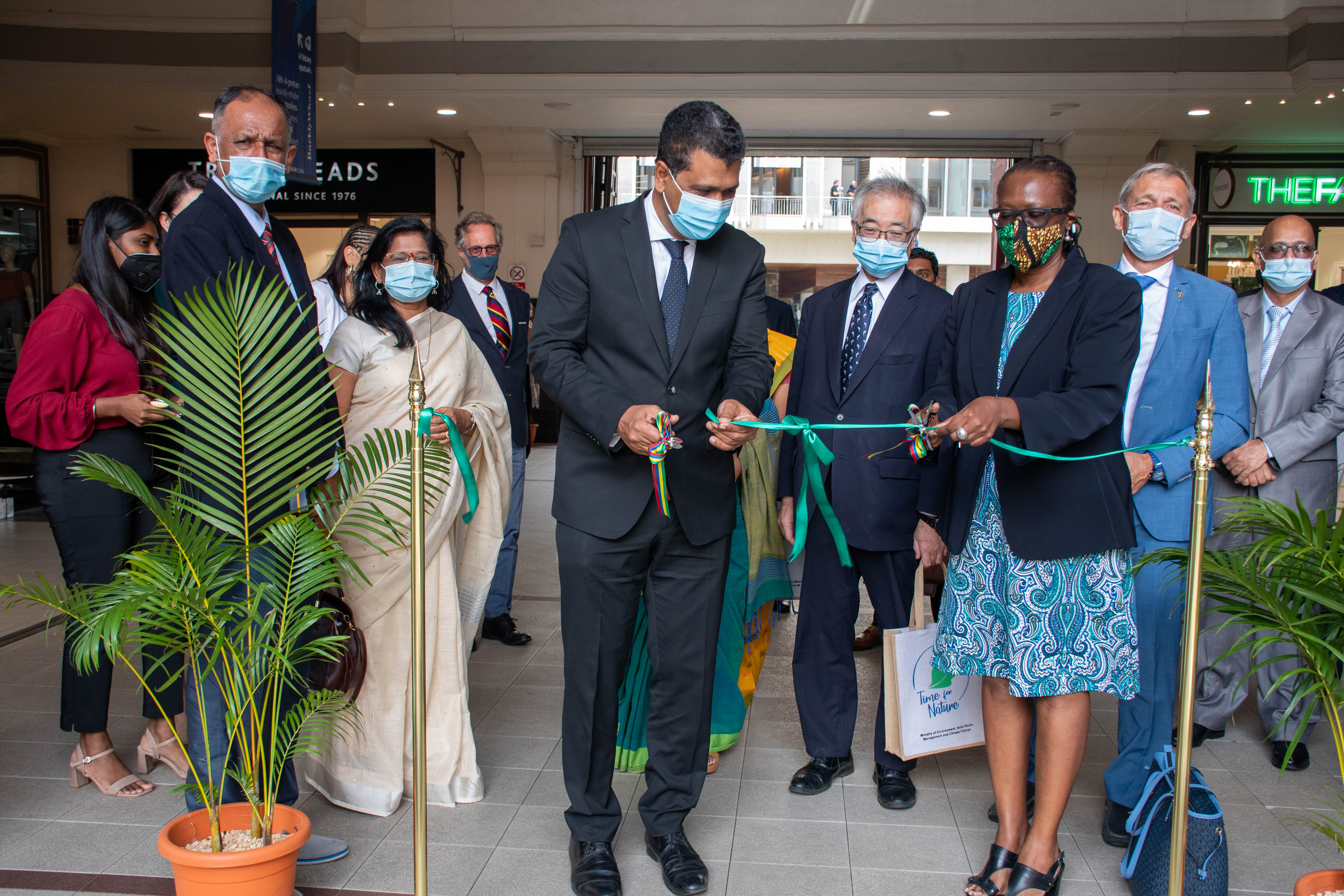Achieving plastic-free societies is a complex challenge as this fossil fuel-based material has a multitude of applications in human activities.
Defining a road map for plastic-free Mauritius
October 19, 2021
According to the Honourable Kavydass Ramano, Minister of the Environment, Solid Waste Management and Climate Change of the Republic of Mauritius, a well-defined road map will contribute to paving the way towards a plastic-free Mauritius. Photo: Stéphane Bellerose @ UNDP Mauritius
Monday 18 October 2021
A 2-day consultative workshop on the formulation of a road map for a plastic-free Mauritius was launched by the Ministry of Environment, Solid Waste Management, and Climate change yesterday. Supported by the United Nations Development Programme (UNDP), this initiative including the participation of key stakeholders and members of the civil society aims to build consensus around a common vision towards reducing plastic pollution in the Republic of Mauritius.
Plastic pollution is one of the most pressing global environmental issues. The world produces 400 million tonnes of plastic annually, 25 times more than 60 years ago. Only 9 % is recycled; 12% is incinerated, and 79% is landfilled or ends in nature. In Mauritius, an average of 500 kg of plastic waste is produced per inhabitant annually. Every year, 70,000 tonnes of plastic wastes are disposed in the landfill of Mare Chicose; 3,000 tonnes are recycled, and an undefined amount ends up in the environment.
Plastic waste that ends up in nature has a devastating effect on terrestrial and marine ecosystems. Every year 1 million seabirds die due to their ingestion. Plastic wastes also affect humans as their micro-particles are ingested and can potentially cause health risks. Even if plastic wastes represent a direct threat to the environment and to health, achieving plastic-free societies is a complex challenge as this fossil fuel-based material has a multitude of applications in human activities.
“Giving each waste as many lives as possible in the production cycle”
In her opening speech, Amanda Serumaga, UNDP Resident Representative, stated that “One way to address the situation is to re-imagine waste in general as a resource and giving each waste as many lives as possible in the production cycle.” Ms. Serumaga added that the COVID-19 pandemic has contributed to an increase in the use of plastic products and that “managing waste is one of the pertinent actions to implement urgently”. The UNDP Resident Representative also announced that a call for proposal will be launched by the UNDP GEF Small Grants Programme soon to award grants up to USD 150,000 to Non-Governmental Organisations, Civil Society Organisations, and community groups for the development and implementation of solutions addressing the management of plastic pollution.
Present during the opening session of the workshop, H.E. Vincent Degert, Ambassador and Head of Delegation of the European Union to Mauritius, stated that: “The increase in the production of plastic is recent, and this means that this trend could be mitigated without too much impact on quality of life.” Emphasizing the importance of a proper regulatory framework to curb plastic pollution, Vincent Degert also congratulated the Honourable Minister Kavydass Ramano for the ban of single-use plastic products in Mauritius. The Ambassador stated that it was important to keep raising public awareness through civil society and that the private sector has an important role to play through the proposal of innovations and eco-friendly solutions that could help the country in coping with the plastic problem.
According to the Honourable Kavydass Ramano, Minister of Environment, Solid Waste Management and Climate Change, plastic is a useful material that becomes a real threat to the environment, including humans, when it eludes the value chain. Mentioning alternatives to plastic, the minister said that local solutions exist, that could drive consumers and producers towards more eco-friendly products. He also stressed that accelerating a transformational shift towards a circular economy of plastic management will include a mechanism to collect PET bottles and recycle them while integrating an extended producers’ responsibility within a proper legal framework. Minister Ramano said that he is aware that plastic has deeply infiltrated the consumption modes of Mauritians and that realizing a plastic-free Mauritius will not be easy. He is however convinced that a well-defined road map, designed through a consultative process engaging all stakeholders, will contribute to paving the way towards achieving this ambition.
Circular Economy: optimizing Private Sector Investment in Mauritius
The opening session of this workshop on a plastic-free Mauritius also provided the opportunity to launch a report of the UNDP and of Business Mauritius, supported by the Government of Japan, entitled “Circular Economy: optimizing Private Sector Investment in Mauritius”. This first day also included the launch of visual communications on plastic pollution; the inauguration of an expo-vente showcasing eco-friendly products of Small and Medium Enterprises; and several working sessions with stakeholders from civil society, the private sector and Government, on themes such as single-use plastic products; plastic bags and plastic pollution; and marine litter and micro-plastics.
A second day of consultations was held today with working sessions on themes such as Polyethylene Terephthalate (PET) and Recycling Plastic Wastes. The agenda also consisted of a session on the Key elements for Road Map and of a Plenary session on the Way Forward, including key policy recommendations from Day 1 and 2.

 Locations
Locations